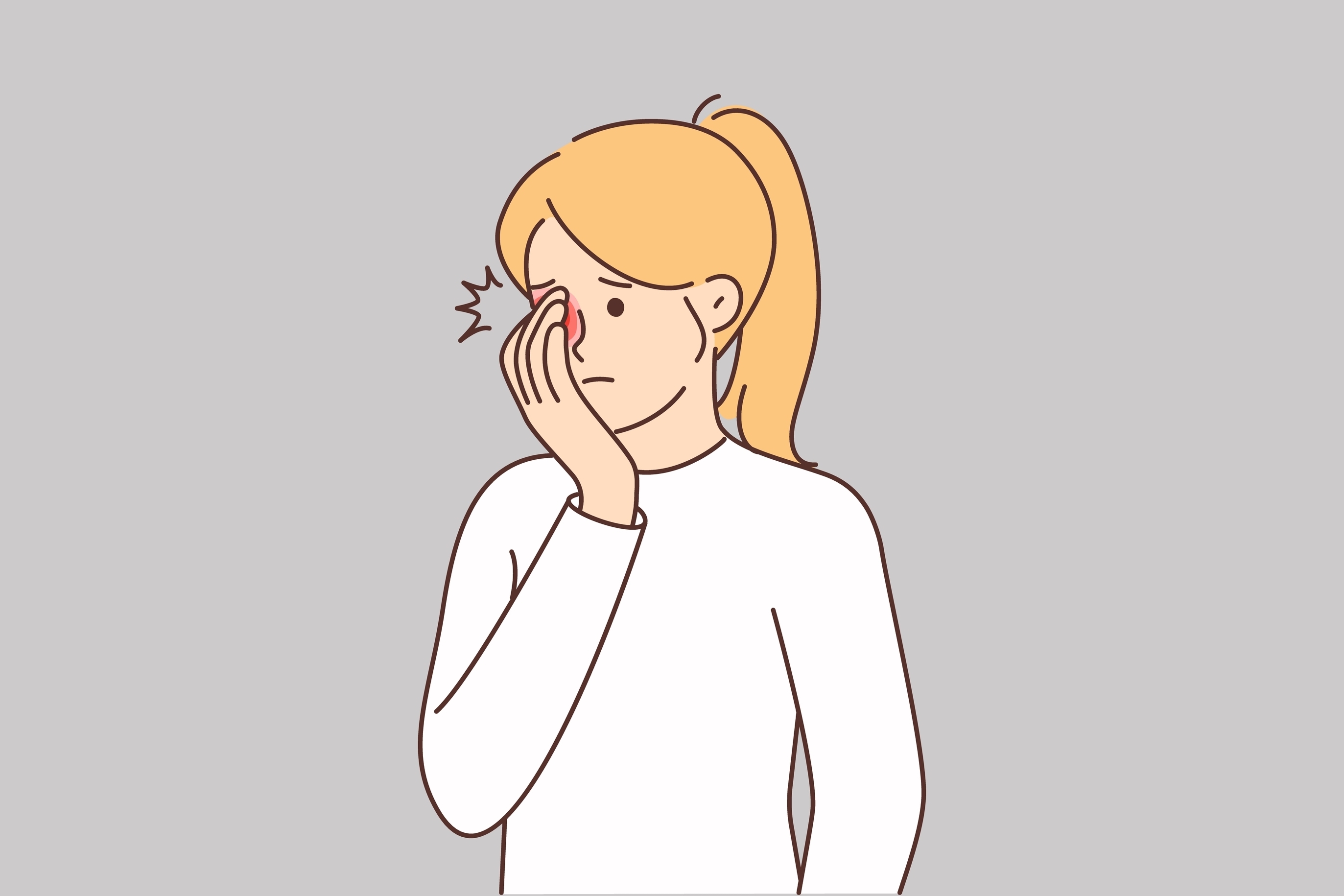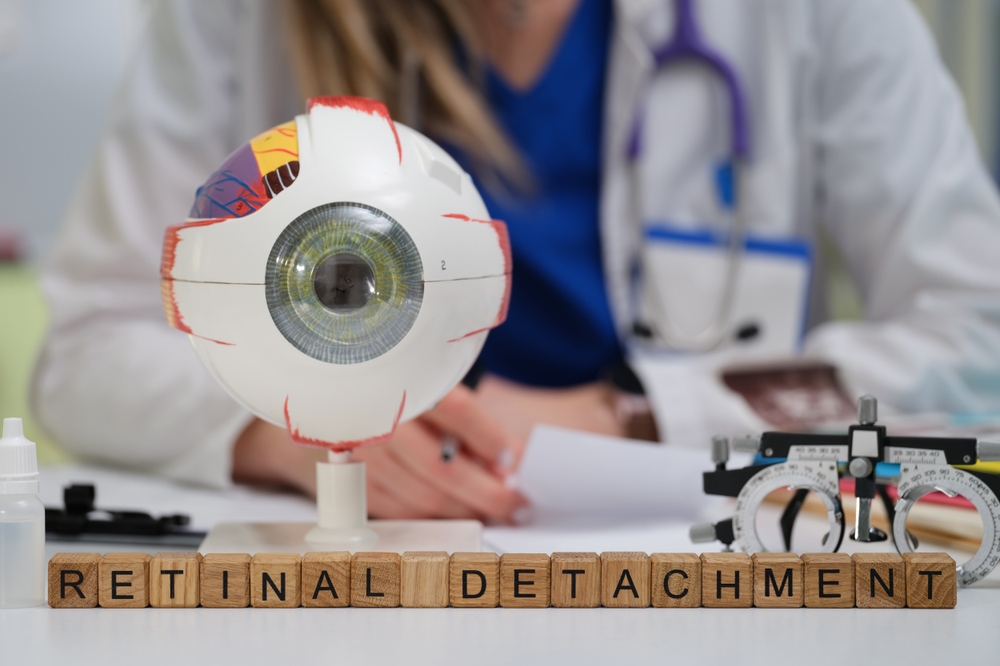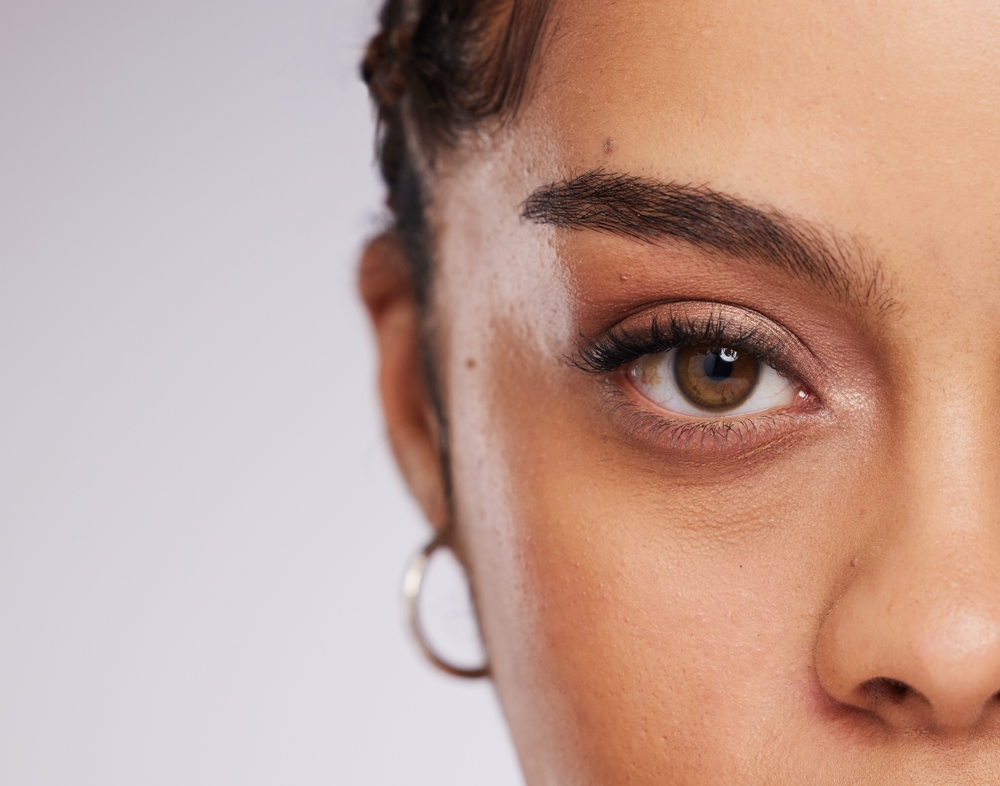Gulf Coast Retina Center Blog
Learn more about opthalmology care in our blog!

Peripheral vision helps you navigate the world safely, so losing it can be frightening. If you suddenly notice shadows, dark areas, or missing sections along the edges of your vision, your eyes may be signaling something serious. In many cases, these symptoms point to retinal detachment, a condition that needs prompt evaluation by a retina specialist.

Eye injuries can range from mild irritation to serious, vision-threatening conditions. While many people associate macular holes with aging, fewer realize that eye trauma can also lead to the development of a macular hole. Understanding this connection is important, especially after an accident or impact to the eye, as early diagnosis and treatment can significantly affect visual outcomes.

Noticing a shadow drifting into your peripheral vision can be alarming. While some visual disturbances are harmless, a dark curtain, veil, or shadow moving across your field of vision is often a sign that something more serious may be occurring inside the eye.

An epiretinal membrane, sometimes called macular pucker or cellophane maculopathy, is a thin layer of scar-like tissue that forms on the surface of the retina, specifically over the macula - the part responsible for sharp, central vision. While some people with epiretinal membrane experience little to no visual disturbance, others may notice blurriness, distortion, or difficulty reading and seeing fine details.

Our vision depends on the macula - the central part of the retina responsible for sharp, detailed sight. When a macular hole forms, it can cause blurred or distorted central vision, making everyday activities like reading and driving difficult.

Diabetes can affect many parts of the body, but the eyes are especially vulnerable. One of the most serious complications is diabetic retinopathy, a progressive condition that damages the retina.

When most people think of diabetic retinopathy, they immediately connect it with high blood sugar. While managing glucose levels is essential, it’s not the only factor that impacts your eye health. Blood pressure, cholesterol, and smoking habits all play critical roles in the progression of diabetic eye disease. At Gulf Coast Retina Center, we emphasize a whole-body approach to protecting your vision.

Diabetes can have serious consequences for your vision, often without causing noticeable symptoms in the early stages. One of the most concerning complications is diabetic eye disease, a group of conditions such as diabetic retinopathy and diabetic macular edema that damage the delicate tissues of the retina. Understanding the subtle and early retinal signs can make the difference between preserving and losing your vision.

Our eyes are intricate structures, working together to bring the world into focus. Sometimes, however, subtle changes inside the eye can affect vision. One such change is the formation of an epiretinal membrane.

A healthy macula plays a crucial role in your ability to see fine details, read, and recognize faces. When a macular hole develops, it can seriously impact your central vision and quality of life. Fortunately, modern retinal surgery, specifically a procedure called vitrectomy, can successfully repair macular holes and restore vision for many patients.








